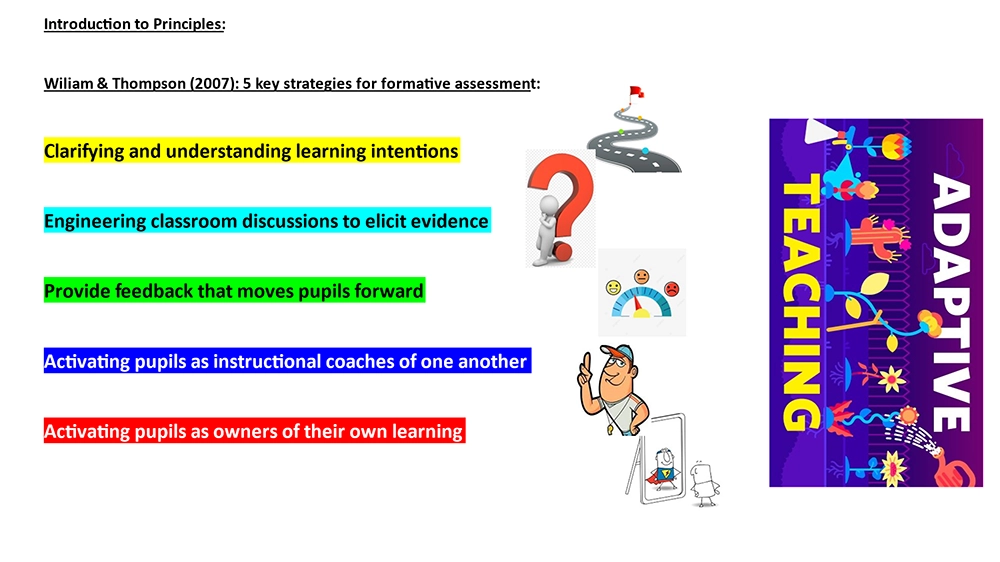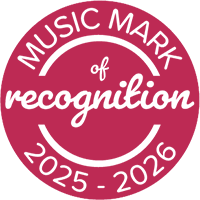Continuous Professional Development at Parrs Wood
By focussing on key principles, we are developing our practice to make lessons more engaging and ensure that students are growing in independence and confidence. The research base for this programme is compelling and is based on many educational studies.
What does the Evidence Say?
(2016) – A Marked Improvement? – EEF
- Marking should be meaningful, manageable, and motivating
- Formative comments that are very specific are better than grade only
- Misunderstanding and mistakes are not the same thing
- Feedback requires time and opportunity to act upon it
- Specificity of feedback is the key
Embedding Formative Assessment – 2018 Evaluation Report – EEF
- 2 months’ progress in A8 when formative assessment is embedded
- Most effective for lowest third of ability
- To be effective, pupils must change something as a result of feedback
EEF 2021 – Toolkit on Feedback
- Feedback aligns effort and activity with an outcome
- Studies of verbal feedback shows higher impact than exclusively written marking
- ‘It is important to give feedback when things are correct ¬– not just when they are incorrect High-quality feedback may focus on a task, subject, and self-regulation strategies’
- Feedback is most effective when it has an impact on how they learn (metacognition)
EEF 2021 – Teacher Feedback to Improve Pupil Learning – Guidance Report
- Foundations need to be laid; high quality instruction to reduce heavy lifting of feedback
- Deliver appropriately timed feedback focused on moving learning forward: personalized
- Design an effective school feedback policy: ongoing CPD & organic development
By running Teacher and Learning Communities (TLCs) and giving some autonomy, we are developing the professional knowledge of our staff to constantly refine and update our practice.

















